A solar power energy project from a company like Grace entails planning, setting up, and maintaining systems that use solar panels to capture sunlight and produce electricity. For usage in homes, businesses, or fields these projects seek to supply clean, renewable energy, frequently reducing rely on fossil fuels and energy costs. Grace is a solar technology firm that may help with sustainable energy development by providing services like engineering support, solar panel mounting systems, and turnkey solutions for both on-grid and independent solar installations.
Gujarat's great solar potential and progressive government policies have made it a national leader in the adoption of rooftop solar energy. Residents can install rooftop solar systems with up to ₹78,000 in central government subsidies and additional state-level benefits under the PM Surya Ghar Muft Bijli Yojana and the SURYA Gujarat plan. Through these programs, households can lessen their reliance on traditional energy sources, create their own electricity, get up to 300 units of free power every month.
Businesses can meet their electrical needs in a sustainable and economical manner with commercial solar power installations. Businesses can achieve energy independence, reduced carbon emissions, and cheaper electricity costs by installing solar panels on their roofs or in public areas. These projects are financially appealing because they take advantage of government incentives like net metering and accelerated depreciation. Solar power is a wise investment for long-term development and sustainability since it improves performance and encourages environmental responsibility, so it's great for offices, commercial complexes, and manufactures.
Analyze solar potential, weather conditions, and land availability. Evaluate environmental impact and grid connectivity.
Decide system size and type (rooftop, ground-mounted, utility-scale). Design the layout, select solar panels, inverters, and other equipment.
Estimate total costs, savings, and ROI. Explore financing options, subsidies, grants, or loans.
Obtain necessary government permits, environmental clearances, and grid connection approvals.
Purchase materials and equipment. Install solar panels, wiring, and balance-of-system components.
Perform system testing and safety checks. Connect to the grid and begin energy production.
Regular monitoring and maintenance to ensure optimal performance.
1. Clean and Renewable Energy Source:
Solar energy reduces dependence on fossil fuels, lowering greenhouse gas emissions and air pollutants.
2. Reduces Carbon Footprint:
Solar power generation produces no carbon emissions during operation.
3. Minimal Water Usage:
Unlike coal or nuclear plants, solar panels require very little water to operate, making them ideal for water-scarce regions.
4. Land-Friendly Options:
Solar panels can be installed on rooftops, over parking lots, or on marginal lands, avoiding disruption to natural habitats.
1. Lower Electricity Bills:
Solar energy can significantly reduce electricity costs, especially in sunny regions.
2. Job Creation:
The solar industry creates jobs in manufacturing, installation, maintenance, and support services.
3. Energy Independence:
Local solar projects reduce reliance on imported fuels and increase national energy security.
4. Low Operating Costs:
Once installed, solar systems have minimal operating and maintenance costs.
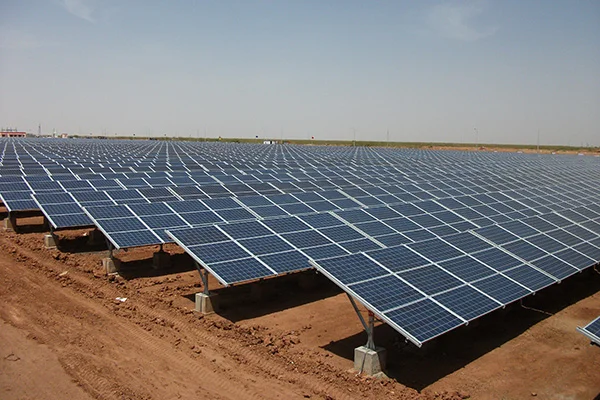
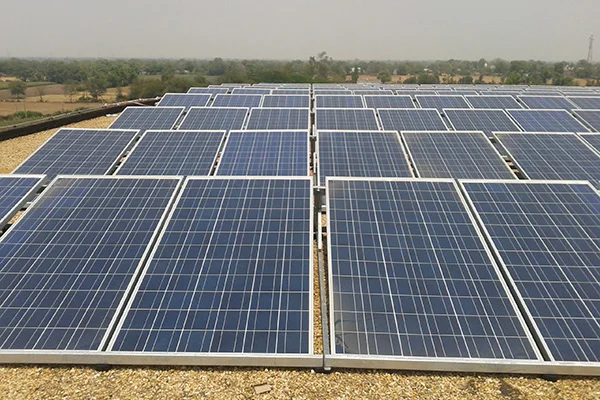
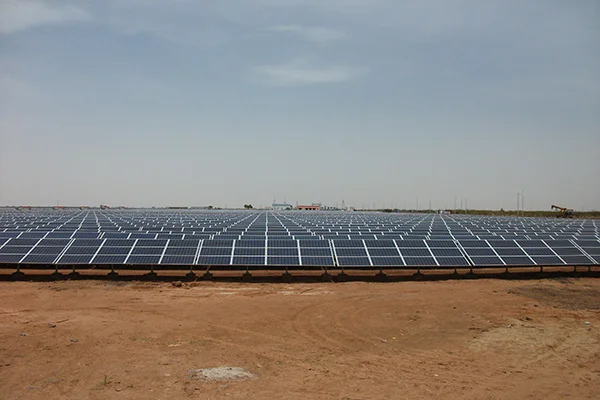
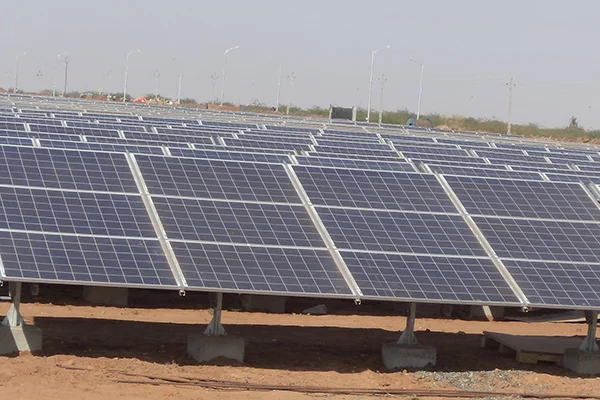
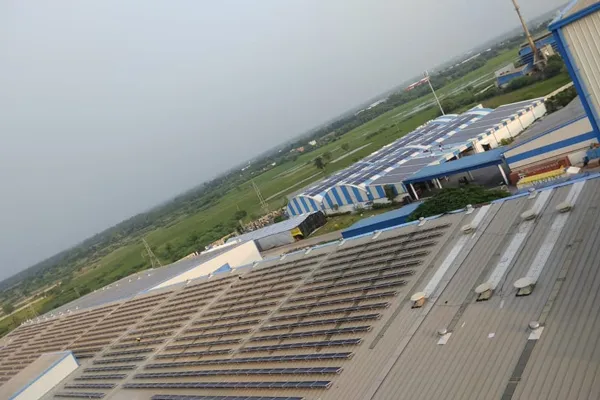
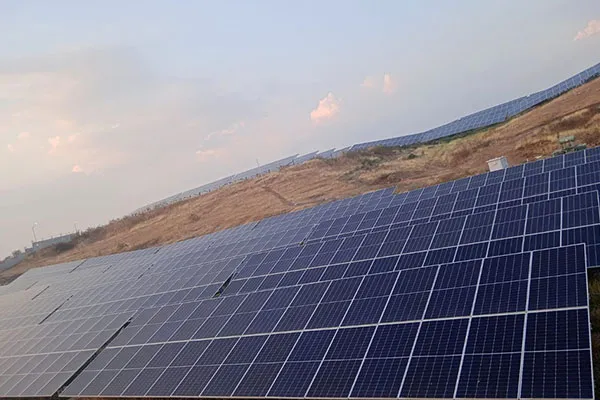
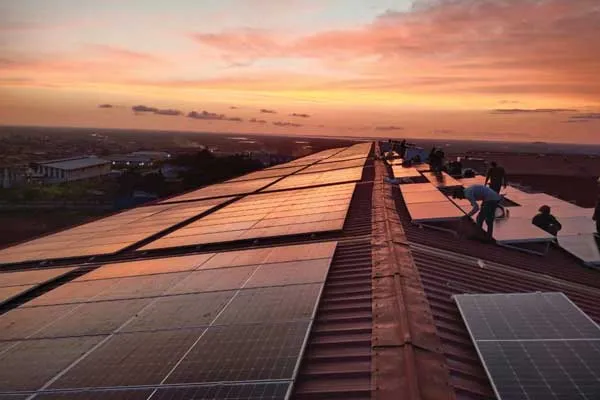
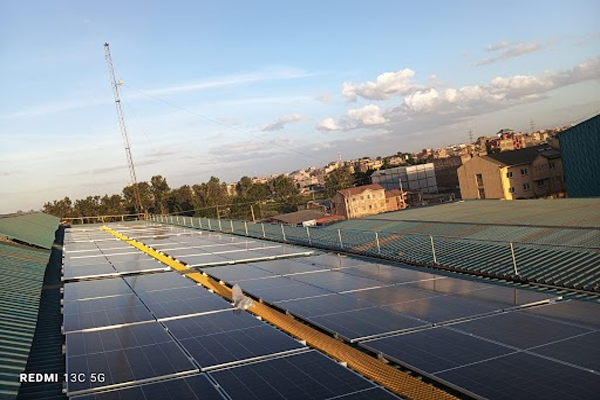
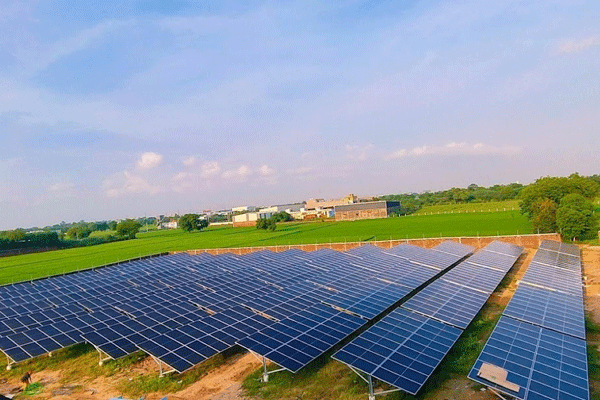
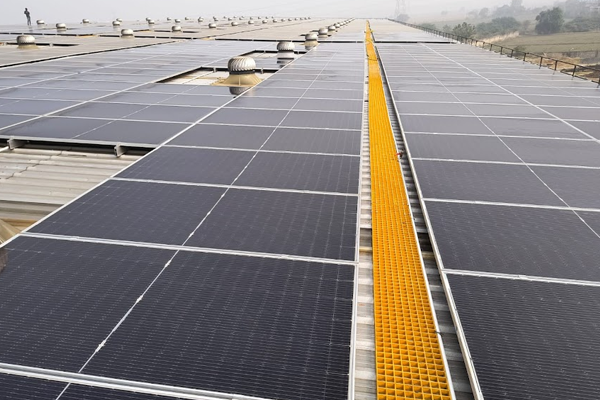
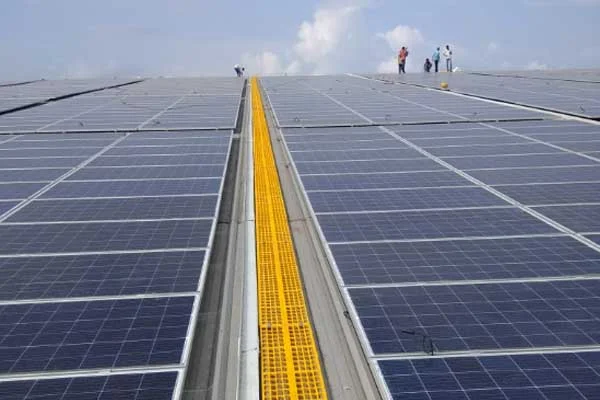
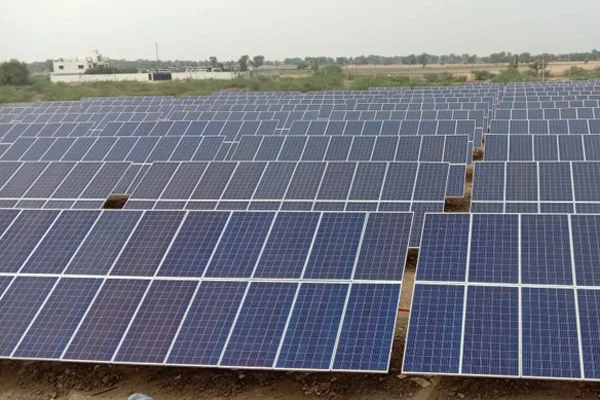
Solar panels generally require very little maintenance. Regular cleaning of panels and inspections of the inverter are recommended to ensure optimal performance. In most cases, it’s only necessary to clean the panels a few times a year, depending on the location (e.g., if there is a lot of dust or bird droppings).